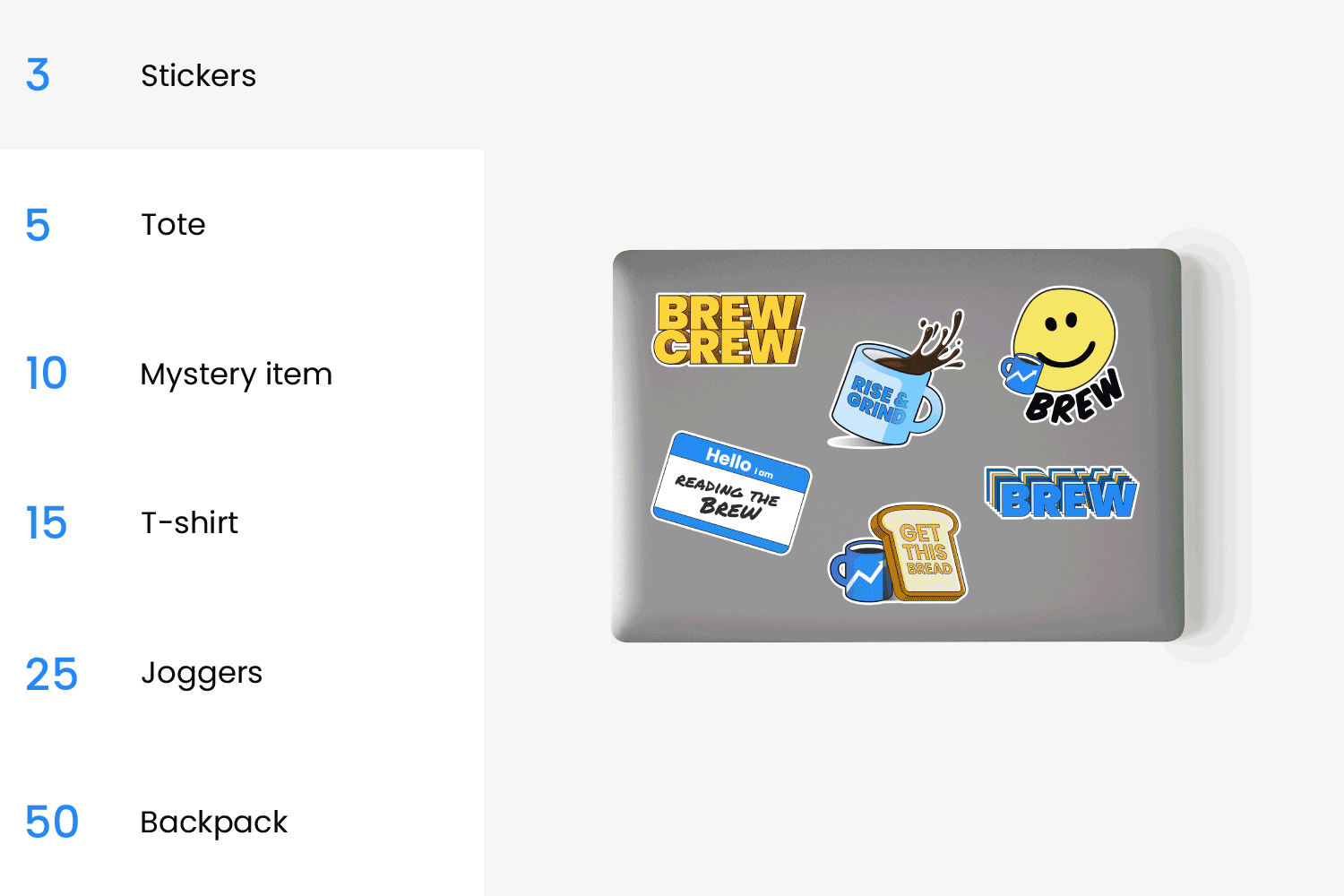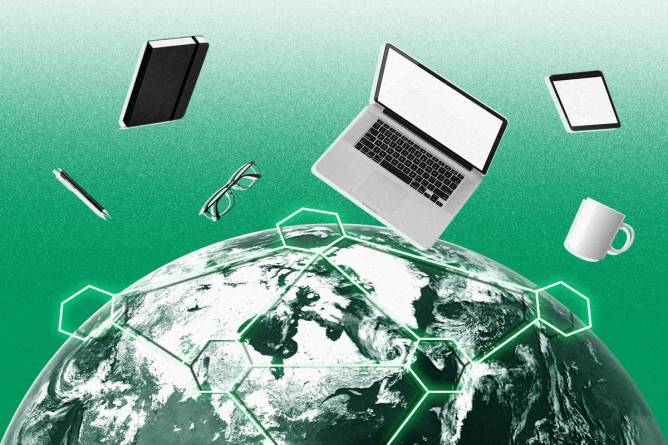Rex_wholster/Getty Images
|
Several in vitro fertilization (IVF) providers paused services last week after Alabama’s Supreme Court ruled embryos can be considered children under state law. The ruling was issued in two wrongful death cases filed by plaintiffs who alleged their embryos were destroyed by a patient at the Mobile Infirmary Medical Center.
Providers’ decisions to pause services while they determine their legal liability for offering IVF left Alabama patients in the lurch, with one reporting their implantation appointment was canceled, and another saying they planned to go out of state to continue their care.
Following bipartisan pushback, Alabama lawmakers passed legislation on Feb. 29 that would protect IVF clinics from legal liability. A bill is expected to be signed into law this week, though it doesn’t resolve questions about granting personhood status to embryos.
In the meantime, the ruling poses wider implications for employers covering IVF, as well as the benefits brokers with whom they partner. One-third of organizations surveyed by the consulting firm Gartner offered a fertility subsidy as of October 2022.
Keep reading here.—CV
|
|
|
Does pairing robots and recruiting sound a little…impersonal? Not when it’s done right. If you’re confused about how and when to use AI, don’t be.
AI isn’t one-size-fits-all. And the best strategy will be figuring out where your people add the most value, then automating everything else so your people can focus on those things.
The TL;DR: Automation is great for handling administrative tasks, but we still need human recruiters for sourcing, interviewing, and engaging candidates. AI can actually help make hiring more personal by:
- adding a constant touchpoint
- never ghosting candidates during the initial parts of the process
- freeing up recruiters to spend more time with candidates during super-critical moments like interviews
Dive deep into automation in hiring with this guide.
|
|
Francis Scialabba
|
The days are getting longer, and for some workers in Germany, the weekends are getting longer too.
Where in the world? Germany is the latest country to introduce a four-day workweek trial, Euronews reported. The experiment began on Feb. 1, with 45 companies, and will last six months. Businesses in Germany have recently been impacted by financial uncertainty, worker shortages, and decreased productivity.
Germany modeled its experiment on Portugal and the UK’s successful pilot programs, and is in partnership with 4 Day Week Global and Intraprenör, a German-based business consulting firm. Almost nine in 10 of the companies from the UK’s trial in 2022 made the four-day workweek permanent after seeing its positive impact on employee recruitment, retention, and performance, according to a February report from Autonomy, a UK-based research group.
Satellite view. Four-day workweeks are gaining in popularity. South Africa and Spain started trials in 2023, and US-based workers have indicated they’d choose a four-day week over remote work.
Keep reading here.—KP
|
|
Tim Mosenfelder/Getty Images
|
When thinking about Austin’s famed South by Southwest (SXSW) conference, what usually comes to mind is keynotes from amazing orators like Barack Obama, the chance to rub elbows with Kara Swisher, and epic musical performances.
This year, however, we’re particularly excited about one of the conference’s 21 tracks, which is all about the workplace. I’ll be reporting from SXSW, which runs March 8–16, but in the meantime, here are a couple of trends HR Brew has spotted already.
AI takes center stage. Amid never-ending speculation that tech is taking jobs from humans, as well as changing how HR leaders work, AI is on (and maybe in) everyone’s mind. At SXSW, leaders from the Boston Consulting Group, Slack, and Greenhouse Software will discuss AI’s potential impact on the employee experience. I’m also looking forward to a panel led by SHRM, IBM, and Handshake on how AI will change the job search.
DE&I’s future. Many businesses have either cut budgets, adjusted language, or doubled down on DE&I over the last year, as the politicization of diversity rages on. SXSW has noticed too, responding with conversations about predicting the industry’s future, hiring people with a justice system history, and navigating DE&I post-affirmative action. I’m also excited about a conversation between Reddit and Workhuman executives on examining DE&I through a global lens.
Keep reading here.—KP
|
|
|
Cultivate your culture. Learn how to make lasting change in your org with Achievers’ new webinar on March 20. Hear from leaders like Dr. Natalie Baumgartner, chief research officer at Contemporary Leadership Advisors, about how to drive cultural transformations that last. Register for the webinar and stock up on workplace strategies.
|
|
Francis Scialabba
Today’s top HR reads.
Stat: Almost one-third of large employers cover abortion-related healthcare under most or all circumstances. (KFF)
Quote: “The idea of helping people in the warehouse, helping people in the front of the store, and augmenting humans in the supply chain is a big deal, and with AI being used, it’s going hand in glove with all of it.”—Paul Travers, president and CEO of Vuzix, on how augmented reality and AI may help warehouse workers (Business Insider)
Read: Gen Z office workers are more interested in flexible workspaces and equitable pay than the ping-pong tables and cold brew machines that were thought to have excited employees pre-2020. (BBC)
Automation utilization: Curious about the use of automation in hiring? Paradox’s guide will help you learn where automation makes the biggest difference in hiring. Get all the deets in the full post.* *A message from our sponsor.
|
|
|
Share HR Brew with your coworkers, acquire free Brew swag, and then make new friends as a result of your fresh Brew swag.
We’re saying we’ll give you free stuff and more friends if you share a link. One link.

Your referral count: 2
Click to Share
Or copy & paste your referral link to others:
hr-brew.com/r/?kid=9ec4d467
|
|
|









